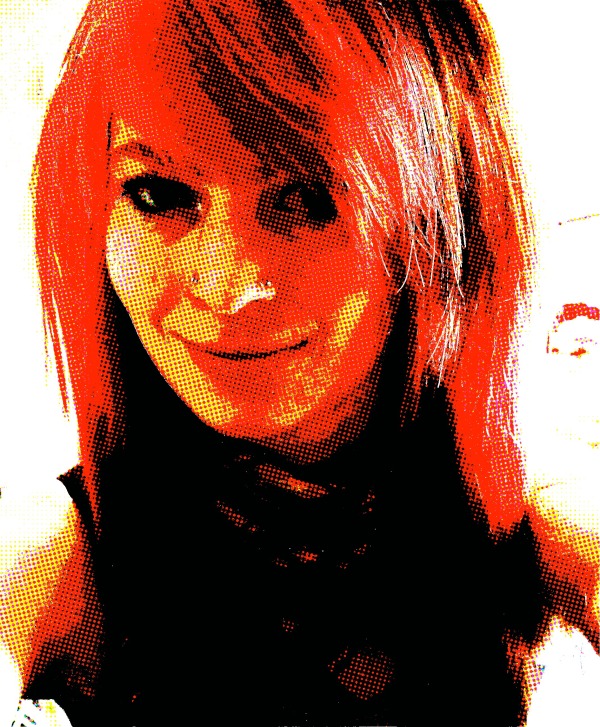Lately I’ve been thinking about my identity, who I am. I used to believe it was an easy question to answer. I was a ballet dancer and so I that is who I am. Too many people mistake what they do and their titles; doctor, lawyer, supervisor, with who they are. I lived and breathed dance and spent five or more hours a day in the studio. When I improved in dance, pointed my foot stronger or lifted my leg higher, I was also improving myself. I started to associated my dance ability with how special I was. When I had to quit dance I lost all self-confidence. Not only did I lose one of my greatest passions, but I lost myself. Afterwards I tried so many career paths and hobbies, I needed to know where I belonged. It was a couple years before I started to piece together who I was and found another passion: writing.
Our identity isn’t made up of one thing, but many. Most of us come to associate who we are not only by what we do, but where we come from, how we dress, our family, and even the small things such as tattoos, piercings, hairstyles, how we talk, etc. Recently I’ve been working on a personal essay for my non-fiction class tackling this topic. I find that lots of us cookie-cut ourselves and mistake a larger cultural identity or family identity with our own individual identity. Often times we also appear to be someone we are not, or maybe it’s simply that we are a lot of things? Even where we grow up becomes a part of our identity. For example, it seems that a lot of British Columbians feel vulnerable when they visit Alberta because they are used to the mountains acting as a shield or another form of protection. Albertans, as I’ve been told, feel restricted in British Columbia. Alberta has a flat landscape of farmland as opposed to the two or three mountain ranges one crosses when driving the Trans-Canada Highway in B.C.
For a while I dyed my hair every possible colour, even rainbow. This happened after I quit dance and needed to find a way to make myself feel like I had something special. You can call it what you want. For a while it worked: I dyed my hair every two months and enjoyed all my friends reactions when they didn’t recognize me. But this was only a facade, an external version of who I am. I’m not going to tell you that this was just a faze which didn’t matter at the end of the day because even though I just have brown hair with no extra colour at the moment, I still feel self-expression is a big part of who I am. Creativity is pushed forward in many ways. We are all creative, but we simply find it through different interests. Colouring my hair was just a way to express my artistic side and share it with the people I meet in my day to day life.
Without stepping too much on my personal essay in the works, our identity is like a puzzle. We all have different nuances that make up who we are, but until we fit them together it’s hard to answer the question: who are you?
For me, at this moment in my life, I can say, “I am Marlow and I’m still in the making.”


